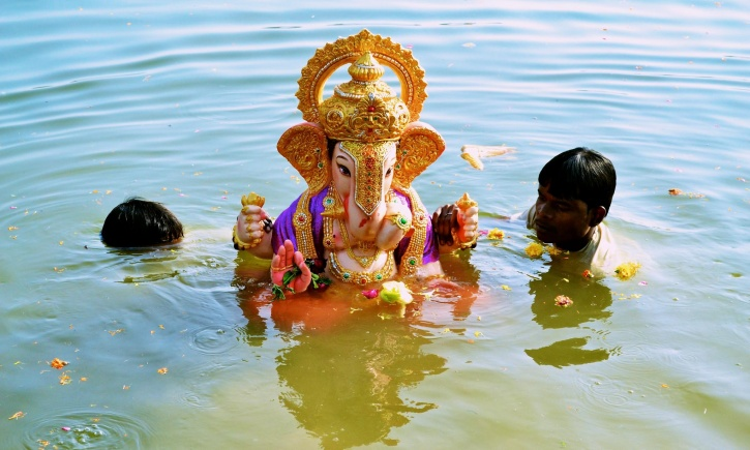Delhi High Court Issues Notice On Plea Against Organization Of Ganesh Chaturthi Celebrations By Delhi Govt
Akshita Saxena
20 Sept 2021 1:19 PM IST

Next Story
20 Sept 2021 1:19 PM IST
The Delhi High Court today issued notice on a petition against organization of Ganesh Chaturthi celebrations by the Delhi Government. The plea alleged that the same violates the basic feature of the Indian Constitution, i.e., Secularism. A Division Bench of Chief Justice DN Patel and Justice Amit Bansal after hearing the petitioner, issued notice to the Delhi Government and the...
